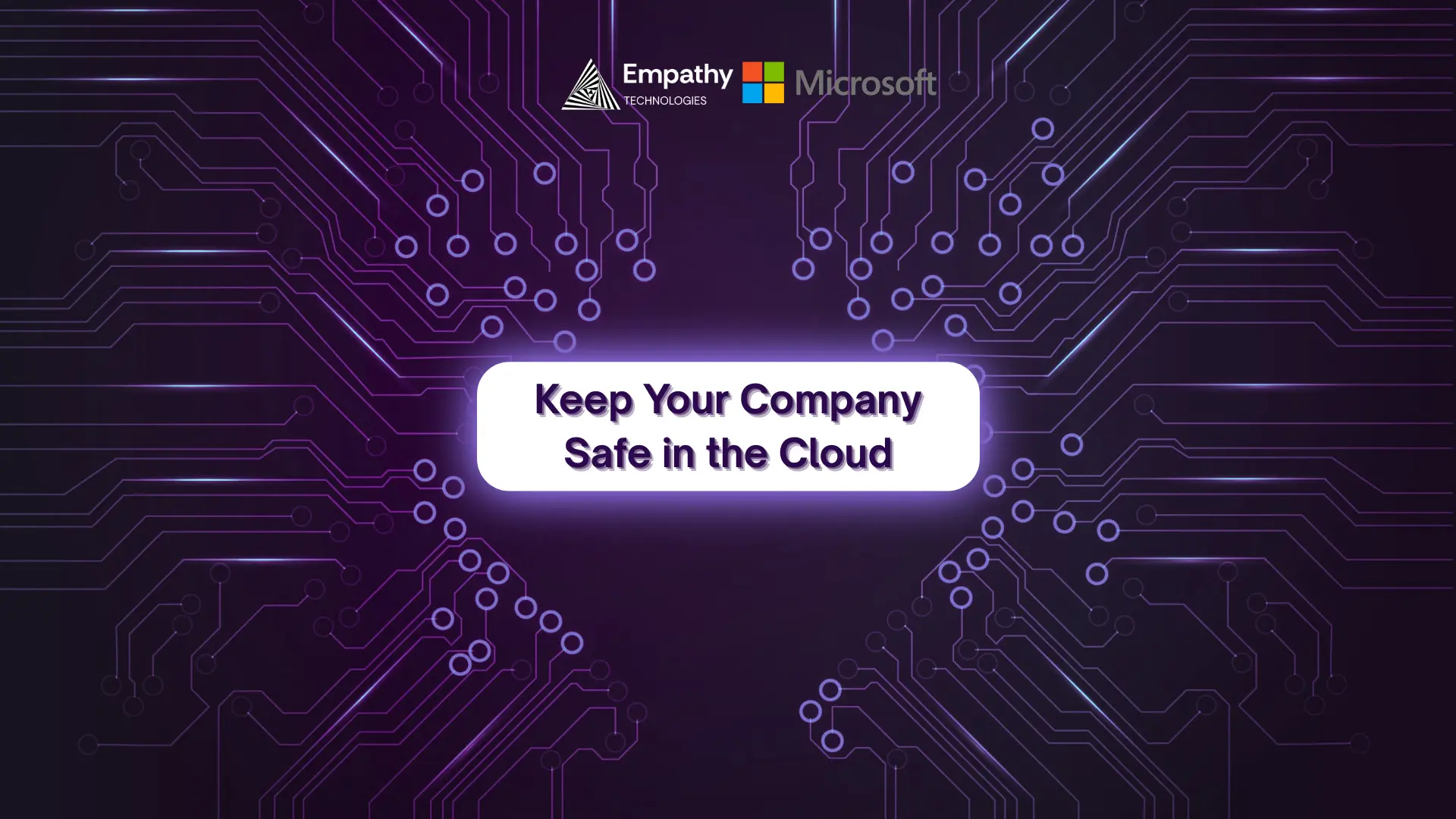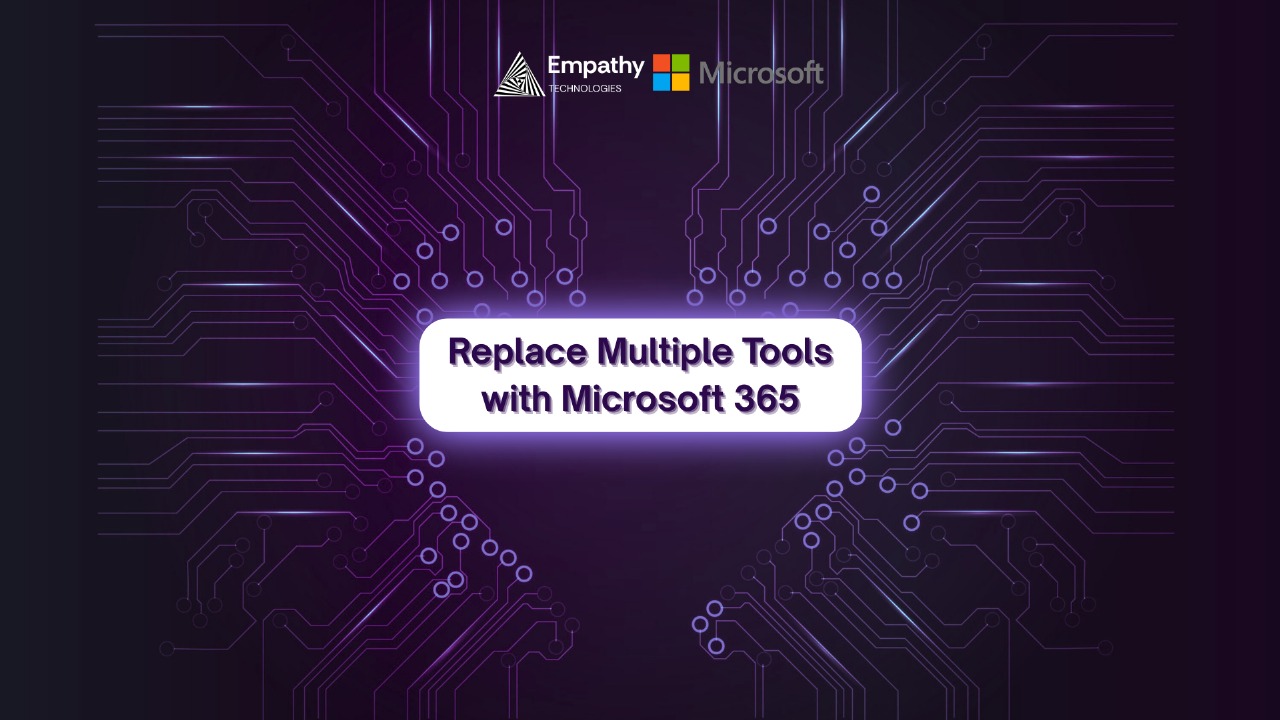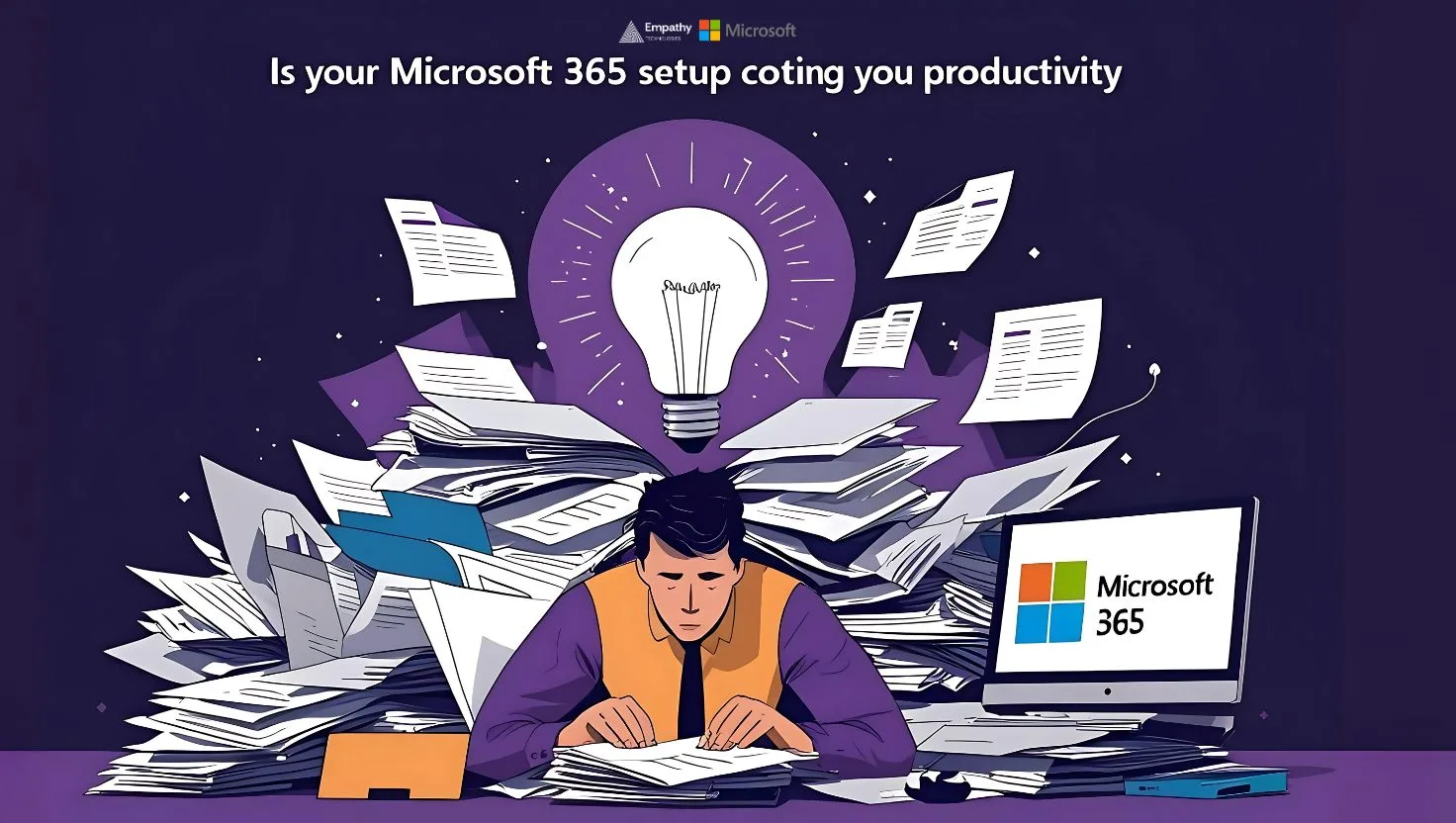
Keep Your Company Safe in the Cloud: Complete Security Guide
Moving to the cloud feels like a big step — and it is. You get flexibility, better collaboration, and tools that actually help your team work smarter. But there’s one question that keeps business owners awake at night: “Is my data really safe up there?”
Here’s the good news: Microsoft 365 and Azure offer enterprise-grade protection that puts most traditional IT setups to shame. The catch? You still need to know what you’re doing. Think of it like having the best security system money can buy — it only works if you set it up properly and use it right.
That’s where understanding cloud security becomes essential for every business. Let’s break down what you need to know to keep your company safe in the cloud.
Understanding Cloud Security: What It Actually Means
Cloud security isn’t just about passwords and firewalls. It’s a comprehensive approach that covers everything from how your data is stored to who can access it and when.
The key concept to grasp is the shared responsibility model. Microsoft handles the heavy lifting — keeping their data centres secure, patching servers, and maintaining the infrastructure. Your job? Managing user access, configuring security settings, and training your team on best practices.
Think of it like living in a secure apartment building. The landlord ensures the building is safe, maintains the locks, and monitors the premises. But you’re responsible for locking your door, not giving out spare keys to strangers, and keeping your valuables secure.
The main areas you need to focus on include:
- Data protection: Keeping sensitive information encrypted and secure
- Identity and access management: Controlling who can access what
- Compliance: Meeting industry regulations and standards
- Monitoring: Keeping an eye on unusual activity
Common Cloud Security Risks (And How to Avoid Them)
Most security breaches happen because of simple mistakes. Here are the biggest risks and how to sidestep them:
Weak passwords and poor identity management remain the top culprit. A shocking 80% of data breaches stem from compromised passwords. Your team might be using “Password123” or reusing the same password across multiple accounts.
Misconfigured sharing permissions in SharePoint or OneDrive create another vulnerability. Someone shares a document with “anyone with the link” and forgets to change it back. Suddenly, sensitive company information is accessible to the whole internet.
Missing multi-factor authentication (MFA) leaves accounts vulnerable. Even with strong passwords, a single compromised credential can give attackers full access to your systems.
Unsecured endpoints and unmanaged devices pose risks when employees work from home or use personal devices. That laptop connecting from the local café might not have the latest security updates.
Shadow IT and unauthorised third-party apps create blind spots. Your marketing team might connect a new app to your Microsoft 365 account without IT approval, potentially exposing data.
How Microsoft 365 Keeps Your Data Protected
Microsoft 365 comes packed with security features that work behind the scenes to protect your business. Here’s what’s keeping your data safe:
Microsoft Entra ID (formerly Azure AD) serves as your identity guardian. It handles secure sign-ins, enforces multi-factor authentication, and uses conditional access to block suspicious login attempts. If someone tries to access your system from an unusual location, Entra ID will ask for extra verification.
Defender for Microsoft 365 acts like your digital bodyguard, protecting against phishing emails, malicious attachments, and suspicious links. It scans every email and file in real-time, quarantining threats before they reach your team.
SharePoint and OneDrive security controls let you set detailed permissions for every document and folder. You can limit sharing, set expiration dates for links, and apply sensitivity labels to classify your most important information.
Microsoft Purview handles compliance and data governance. It helps you find sensitive information across your organisation, ensures you’re meeting regulatory requirements, and provides detailed audit logs of who accessed what and when.
Copilot’s Trust Layer ensures your AI interactions remain private and protected. When you use Copilot, your data stays within your Microsoft 365 tenant and isn’t used to train external AI models.
Six Steps to Strengthen Your Cloud Security
Ready to beef up your security? Here’s your action plan:
1. Enable MFA and Conditional Access
Set up multi-factor authentication for all users and configure conditional access policies. This means extra verification steps when someone logs in from an unfamiliar device or location.
2. Review Data Sharing and Permissions Regularly
Audit who has access to what at least quarterly. Remove permissions for former employees and ensure current access levels match job requirements.
3. Use Sensitivity Labels for Confidential Content
Tag your sensitive documents with appropriate labels. This automatically applies protection policies and helps prevent accidental sharing.
4. Implement Endpoint Management via Intune
Manage all devices that access your company data. Ensure they meet security standards and can be remotely wiped if lost or stolen.
5. Monitor Activity Logs and Alerts
Set up alerts for unusual activities like mass file downloads, multiple failed login attempts, or access from new locations.
6. Train Employees on Cybersecurity Awareness
Regular training helps your team spot phishing attempts, understand sharing policies, and follow security best practices.
Using AI Responsibly with Microsoft Copilot
AI tools like Microsoft Copilot offer incredible productivity benefits, but they need to be used thoughtfully. Here’s what you need to know about Copilot security:
Your data stays within your Microsoft 365 tenant when you use Copilot. Microsoft doesn’t use your conversations or documents to train their AI models. This means your sensitive business information remains private.
Copilot processes information securely and applies the same security and compliance policies that govern your other Microsoft 365 data. If a user doesn’t have permission to access a document normally, Copilot won’t be able to access it either.
Best practices for responsible AI use include setting clear guidelines about what information can be shared with AI tools, training staff on appropriate use cases, and regularly reviewing how AI tools are being used across your organisation.
Your Partner in Cloud Security
Keeping your company safe in the cloud is an ongoing process, not a one-time setup. It requires the right strategy, the right tools, and the right partner.
“At Empathy Technologies, we believe security isn’t a feature—it’s a culture.”
We help our clients build that culture through:
- Custom Security Assessments: Identifying vulnerabilities in your Microsoft 365 and Azure setup.
- Automated Alerts: Using Power Automate to create workflows that notify you of suspicious activity.
- Clear Governance: Implementing policies for SharePoint, Teams, and OneDrive to prevent data leaks.
- Staff Training: Equipping your team to be your strongest security asset.
With a secure cloud environment, your business gains the confidence to operate without fear, meet compliance standards, and protect its reputation.
Ready to strengthen your cloud security? Book your free Cloud Security Audit with Empathy Technologies today.
- Schedule a Session: Booking Link
- Chat with Our Team: garry@empathy-technologies.com









